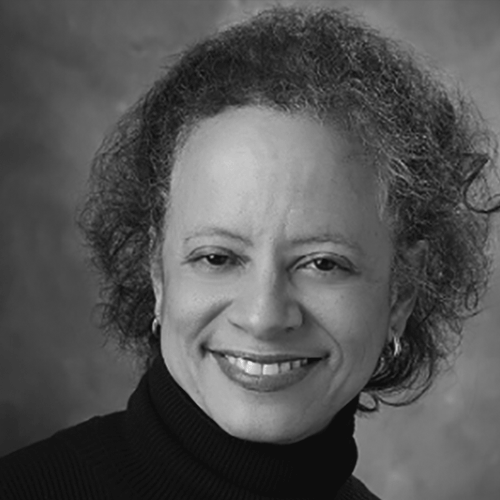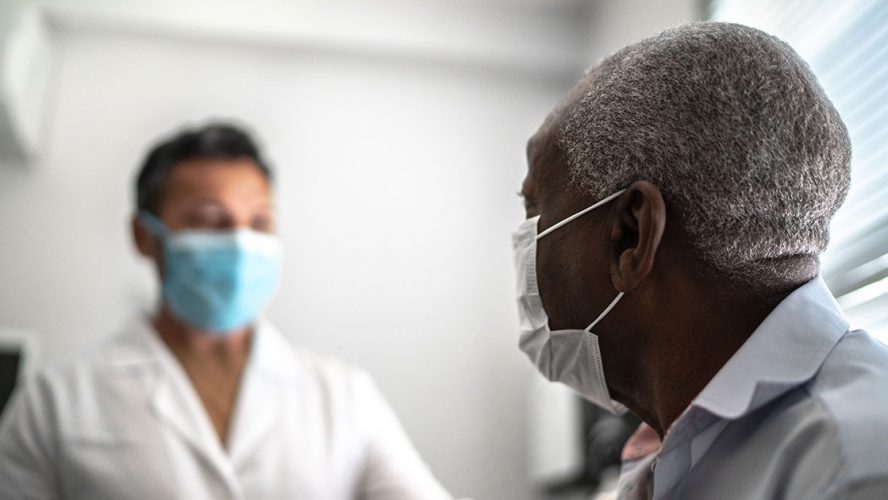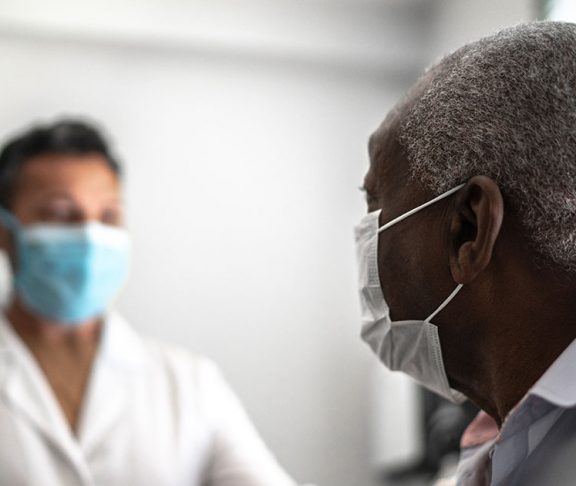
Lori Pierce, M.D.
President, American Society of Clinical Oncology
We have witnessed remarkable progress in our understanding and treatment of cancer. Only a few decades ago, a cancer diagnosis was almost certain to be terminal. Now, cancer is often manageable — and for many patients, even curable.
Thanks to continuous advancements in the prevention, screening, and treatment of cancer, overall cancer mortality in the United States has reduced significantly, yet not all patients have benefited equally from this progress. Individuals with lower income and education levels, patients living in rural areas, and minorities — Black patients in particular — continue to experience worse cancer survival rates.
For me, it’s very personal. When I was a young girl, I saw firsthand that family members and other people in my community didn’t enjoy full access to high-quality medical care.
Later on, as I devoted my professional life to medicine as a radiation oncologist specializing in breast cancer research and treatment, I witnessed how where you lived and what you looked like could impact how well you did after a cancer diagnosis. For example, while Black women and white women have similar rates of breast cancer incidence, Black women experience a 40 percent higher death rate. That’s the very definition of health inequity for patients with cancer.
Addressing the issues
Many factors contribute to health inequities in cancer care, including socioeconomic barriers, lack of adequate health insurance, limited availability of cancer screenings, and lack of access to high-quality oncology care. The solutions are also multifaceted, such as increasing the participation of underrepresented populations in clinical trials, increasing the diversity of the oncology workforce, and addressing social factors that directly impact health outcomes — to name just a few.
Discover how Annexus Health is revolutionizing the administrative patient journey.
Addressing healthcare inequities has long been my passion. When I became president of the American Society of Clinical Oncology, an international organization representing nearly 45,000 professionals who care for individuals with cancer, I chose as my theme “Equity: Every Patient. Every Day. Everywhere.” But, the events of this past year further galvanized me and the American Society of Clinical Oncology (ASCO) to work even harder to ensure all people with cancer have access to high-quality, equitable cancer care.
Much work is yet to be done, but I remain hopeful and deeply committed to this cause. ASCO’s work on health equity has been in sharp focus from the start, ever since Dr. Jane Cooke Wright — an incredibly gifted Black cancer researcher and physician — helped found ASCO more than 50 years ago. Her legacy lives on, and her vision and life of accomplishments inspire me every day.


